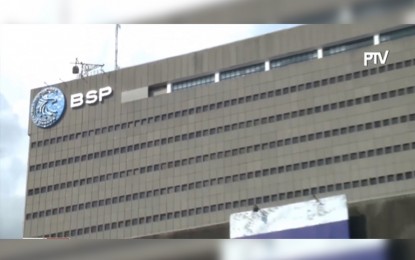
MANILA – Nomura forecasts another 75-basis-point reduction in the Bangko Sentral ng Pilipinas (BSP) key policy rates this 2020 on back of the need to help lift domestic growth from another global economic crisis.
In a report, the financial services group forecasts the central bank to “likely remain active in providing support measures.”
“We pencil in an additional 75bp in policy rate cuts, taking the policy rate to a new record low of 2.5 percent and another 200bp in cuts to the reserve requirement ratio (RRR), taking it to 10 percent. All these are likely to be delivered in Q2 (second quarter) given the rapidly deteriorating growth outlook,” it said.
To date, the BSP’s policy-making Monetary Board (MB) has reduced the central bank’s key policy rates by a total of 75 basis points and universal and commercial banks’ (U/KBs) reserve requirement ratio (RRR) by 200 basis points.
It has also allowed the central bank to enter a repurchase agreement with the Bureau of the Treasury (BTr) for a PHP300-billion debt paper sale that has a maximum repayment period of six months.
The RRR cut, which took effect Monday (March 30), is just half of the 400 basis points reduction that the MB authorized for this year.
Nomura projects additional support from the BSP as it forecasts as much as -1.9 percent contraction in domestic growth this year due to the combination of domestic and external factors on account of the global pandemic.
Under its base case scenario, the report forecasts a 1.6-percent output, as measured by gross domestic product (GDP), this year.
This growth print is lower than the 5.9-percent expansion of the domestic economy last year and the government’s 6.5-7.5 percent target for the year.
“Unlike in 2009, the quarterly trajectory in our forecast implies the economy goes into technical recession by Q2,” it said.
The report further said this forecast reflects the big deceleration in global growth, particularly of the country’s major trading partners like China, the US, and Europe.
Slower growth from these three areas is also seen to hurt exports growth as well as the inflows from overseas Filipino workers (OFWs), which is a major growth driver for more than a decade now.
It said weaker remittance growth will hit domestic consumption, which has about 68 percent share on domestic output.
The report added the enhanced community quarantine in mainland Luzon, which took effect since March 17 and will last until April 12, will greatly hurt economic activity since Luzon accounts for about 70 percent of the country’s GDP. (PNA)
